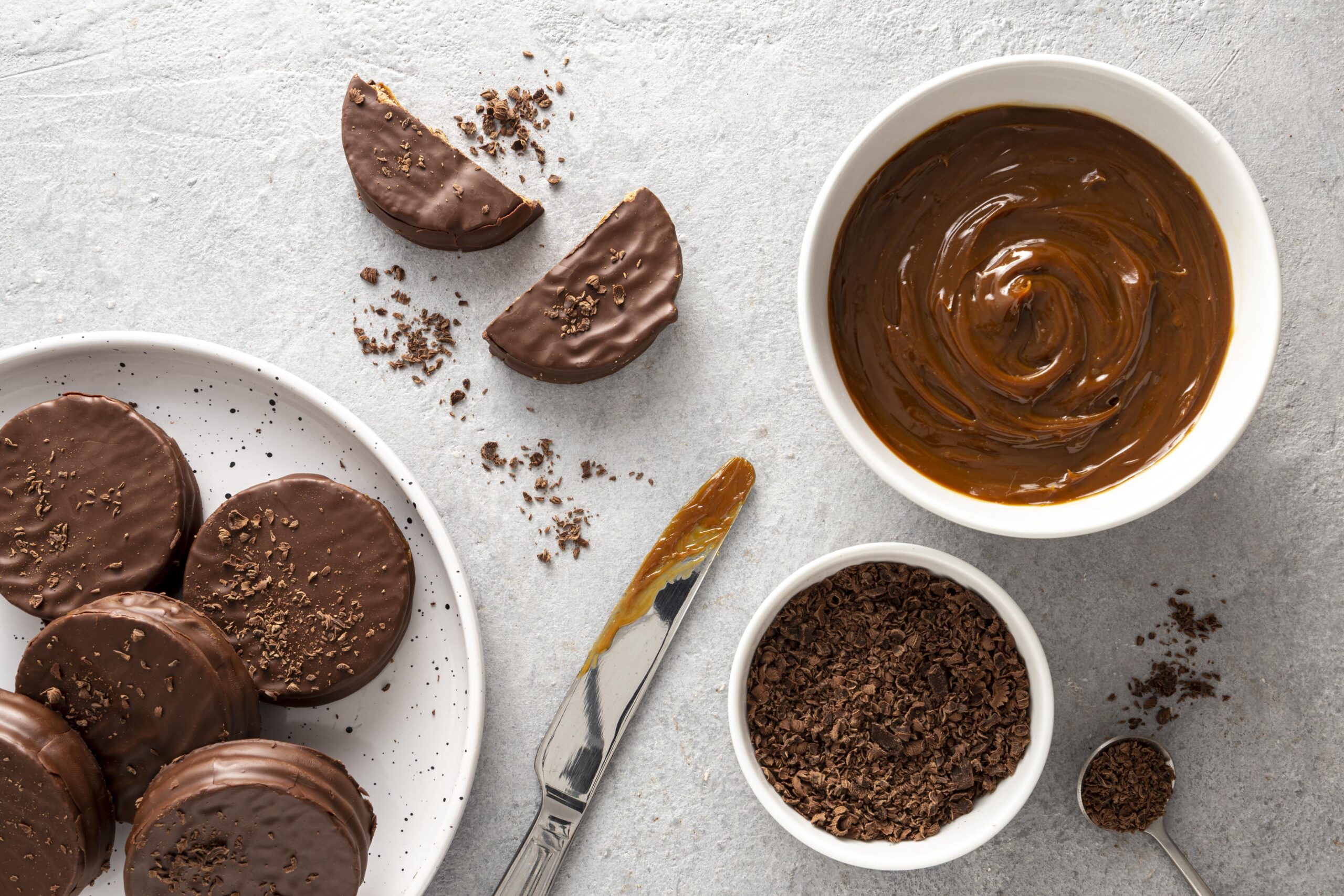50 Christmas Dinner Ideas to Delight Your Guests This Holiday Season


Chocolate ganache is a versatile and luscious component that can elevate any dessert from ordinary to extraordinary. Whether you’re a seasoned baker or a home cook looking to perfect your ganache skills, understanding the nuances of this simple yet sophisticated mixture is essential. From achieving the ideal consistency to troubleshooting common mistakes, this guide will walk you through everything you need to know about making the perfect chocolate ganache.
The foundation of a great ganache lies in the ratio of heavy cream to chocolate. For a classic ganache, the standard ratio is one part heavy cream to two parts chocolate by weight. This creates a rich, smooth mixture ideal for truffles, cake fillings, and glazes. If you prefer a thinner ganache for drizzling, adjust to equal parts cream and chocolate. It’s crucial to weigh your ingredients for accuracy, as volume measurements can vary significantly.
The type of chocolate you choose will impact the flavor and texture of your ganache. Dark chocolate, with its intense flavor, is perfect for those who enjoy a less sweet ganache. Semi-sweet chocolate offers a balanced sweetness, making it versatile for various desserts. White chocolate ganache, on the other hand, requires a different approach, often needing less cream due to its higher fat content. Experimenting with these chocolates can help you find the perfect flavor profile for your creations.
Even experienced bakers can encounter issues with ganache. Here are five common mistakes and how to fix them:
Separation in ganache can occur when the fat from the chocolate and cream fails to emulsify properly. This often happens if the cream is too hot or if the mixture is stirred too vigorously. To fix separated ganache, gently warm it over a double boiler while stirring slowly. Adding a small amount of corn syrup or butter can help re-emulsify the mixture, resulting in a smooth, glossy finish.
The desired consistency of ganache depends on its intended use. For a glaze, aim for a pourable consistency by using equal parts cream and chocolate. For truffles or a cake filling, a thicker ganache is preferable, achieved by using more chocolate than cream. To adjust consistency, you can add more cream to thin it out or more chocolate to thicken it, always ensuring a smooth texture by stirring gently.
While plain ganache is delightful, adding flavorings can elevate it further. Vanilla bean paste or extract is a popular choice, lending a sweet, aromatic note. For a twist, consider adding almond extract, coffee, or even a splash of liqueur like Grand Marnier or Amaretto. Infuse these extracts into the cream before combining it with the chocolate for a well-rounded flavor.
Ganache is incredibly versatile and can be used in various ways. As a glaze, it adds a professional sheen to cakes and pastries. For a decadent ice cream topping, warm the ganache slightly and pour it over your favorite flavor. It can also be whipped into a fluffy frosting or used as a filling for macarons and donuts. The possibilities are endless, limited only by your imagination.
Proper storage is key to maintaining the quality of your ganache. It can be stored in an airtight container in the refrigerator for up to a week. To reheat, gently warm the ganache in a microwave or over a double boiler, stirring until smooth. Avoid overheating, as this can cause separation. For longer storage, freeze the ganache in a sealed container for up to three months, thawing it in the refrigerator before use.
A small saucepan is ideal for melting chocolate evenly without scorching. Heat the cream in the saucepan until it just begins to simmer, then pour it over the chopped chocolate in a heatproof bowl. Allow the mixture to sit for a minute before stirring. This technique ensures that the chocolate melts smoothly and integrates seamlessly with the cream.
Making ganache ahead of time can streamline your baking process. Once prepared, let it cool to room temperature before storing it in the refrigerator. When ready to use, bring it back to the desired consistency by gently reheating it. This advance preparation allows you to focus on assembling and decorating your desserts without the last-minute rush.